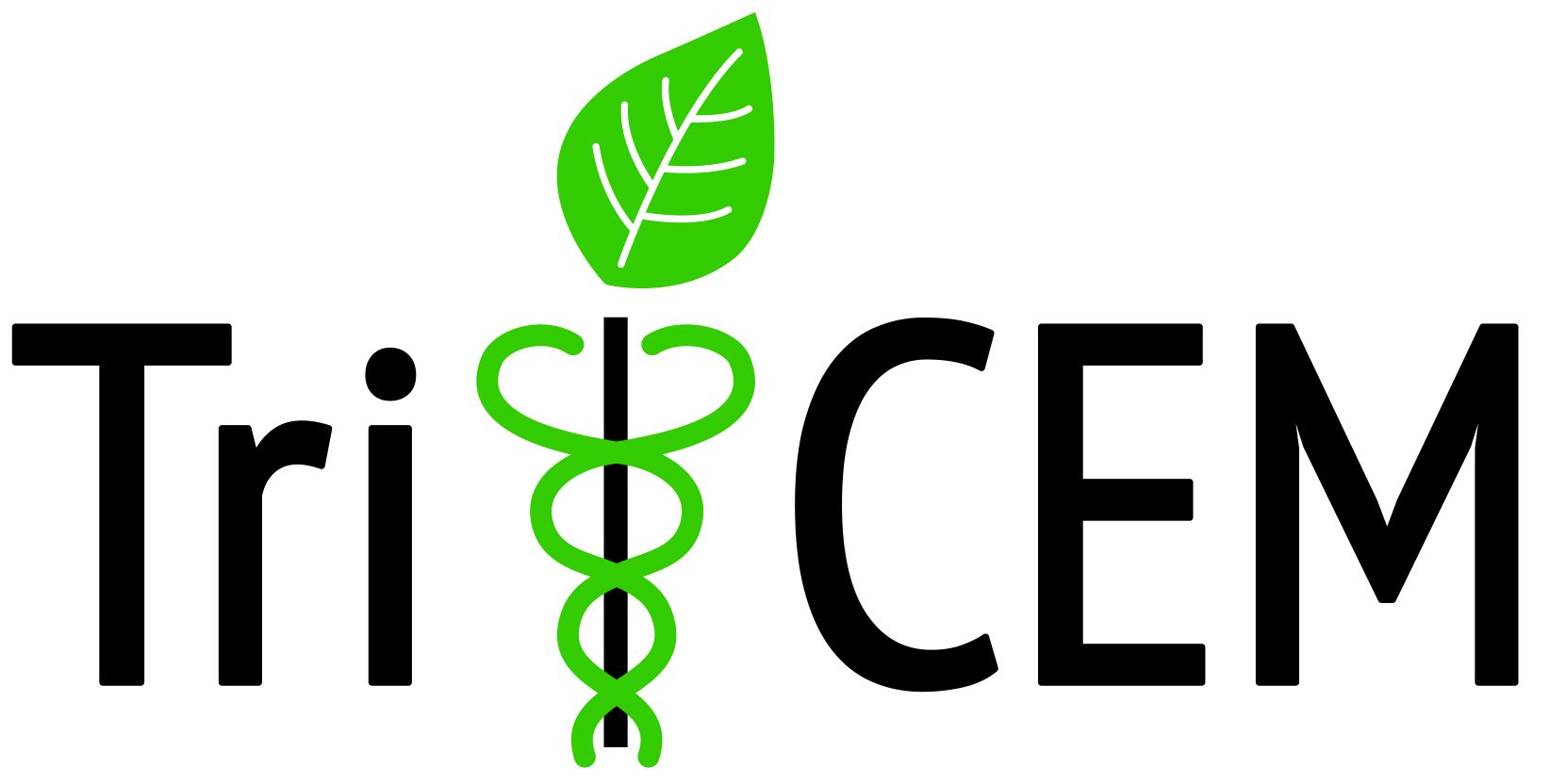Impacts of baboon social traits on foraging in a variable environment
Spring 2022 Graduate Student Award in Social & Biological Determinants of Health

Positive social relationships enhance health and survival in a diverse range of species including humans. However, it is unclear how social relationships exert their effects on survival. One hypothesis is that an individual’s social relationships affect their ability to acquire resources (like food and water), especially when environmental conditions are challenging. To test this hypothesis, I will conduct a 12-month field study of baboons (Papio cynocephalus) in the Amboseli basin of Kenya. I will collect behavioral data to measure how efficiently individuals are able to find and consume food resources (i.e., ‘foraging efficiency’). I will combine these data on foraging efficiency with existing climate records as well as data on individual and group-level social traits. I will then test i) whether positive social relationships predict foraging efficiency and ii) whether these effects are stronger when conditions in the physical environment are most challenging. This work will help to reveal the evolutionary significance of social behavior by providing novel insights into the mechanisms linking sociality to health and survival.
Maria is a PhD student working with Susan Alberts in the Duke University Department of Biology. She received her master’s degree in biology from McGill University in 2021. The primary focus of her PhD research is determining why sociality evolves, and whether social behaviors help animals to navigate environmental challenges. To answer these questions, she leverages individual, group, and species-level data on wild animal populations to determine how the social and physical environments interact in their effects on fitness-related outcomes at various evolutionary scales.
